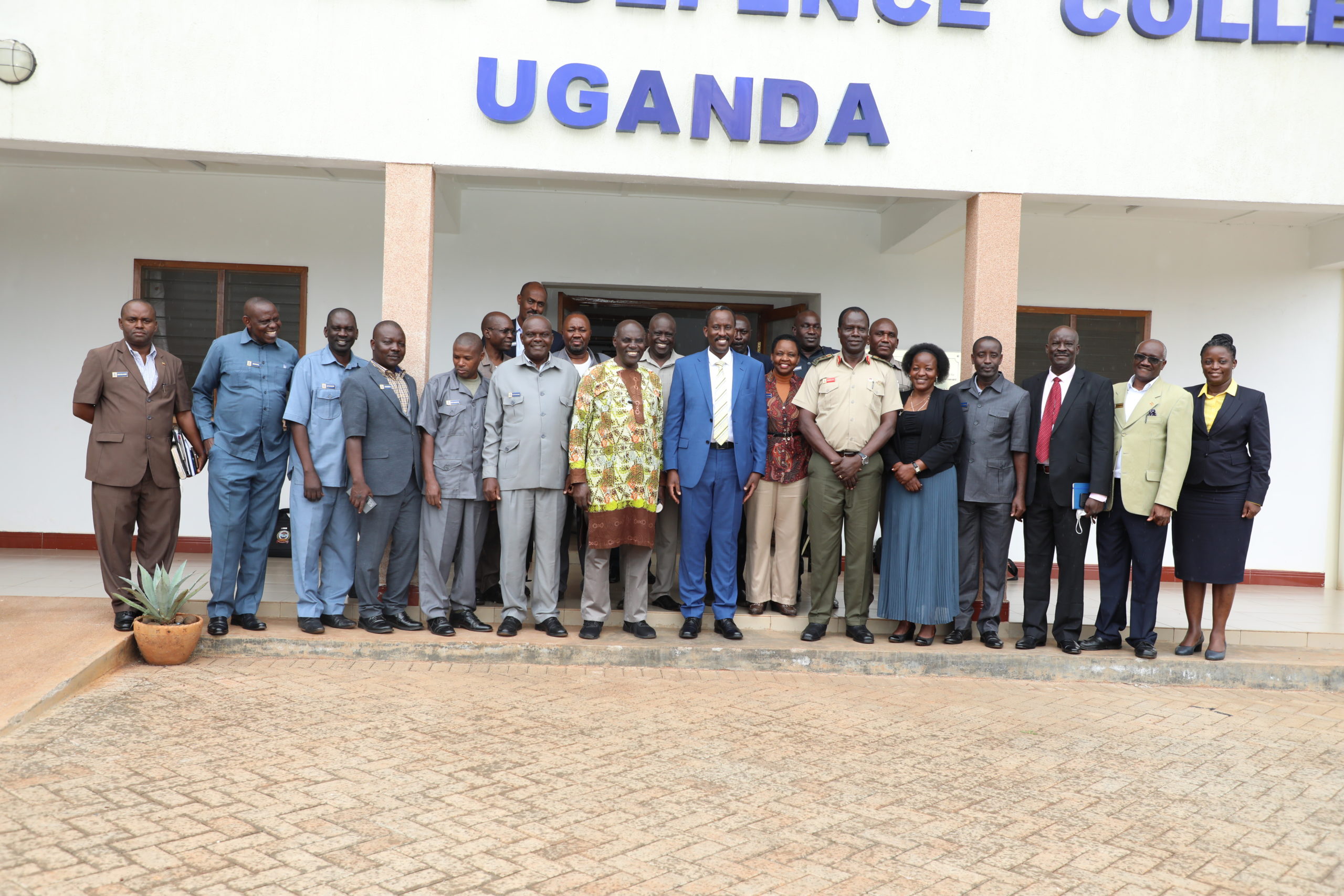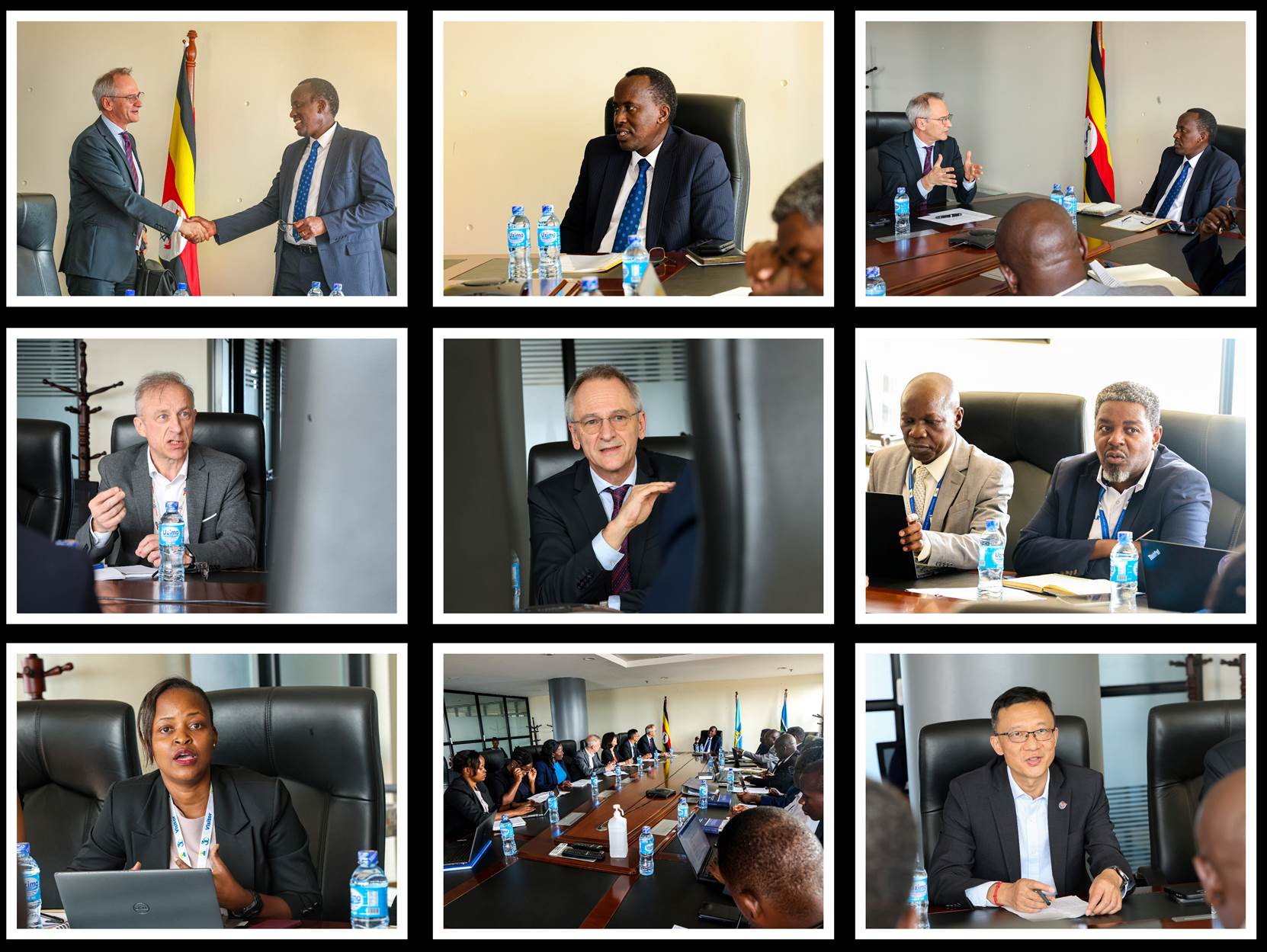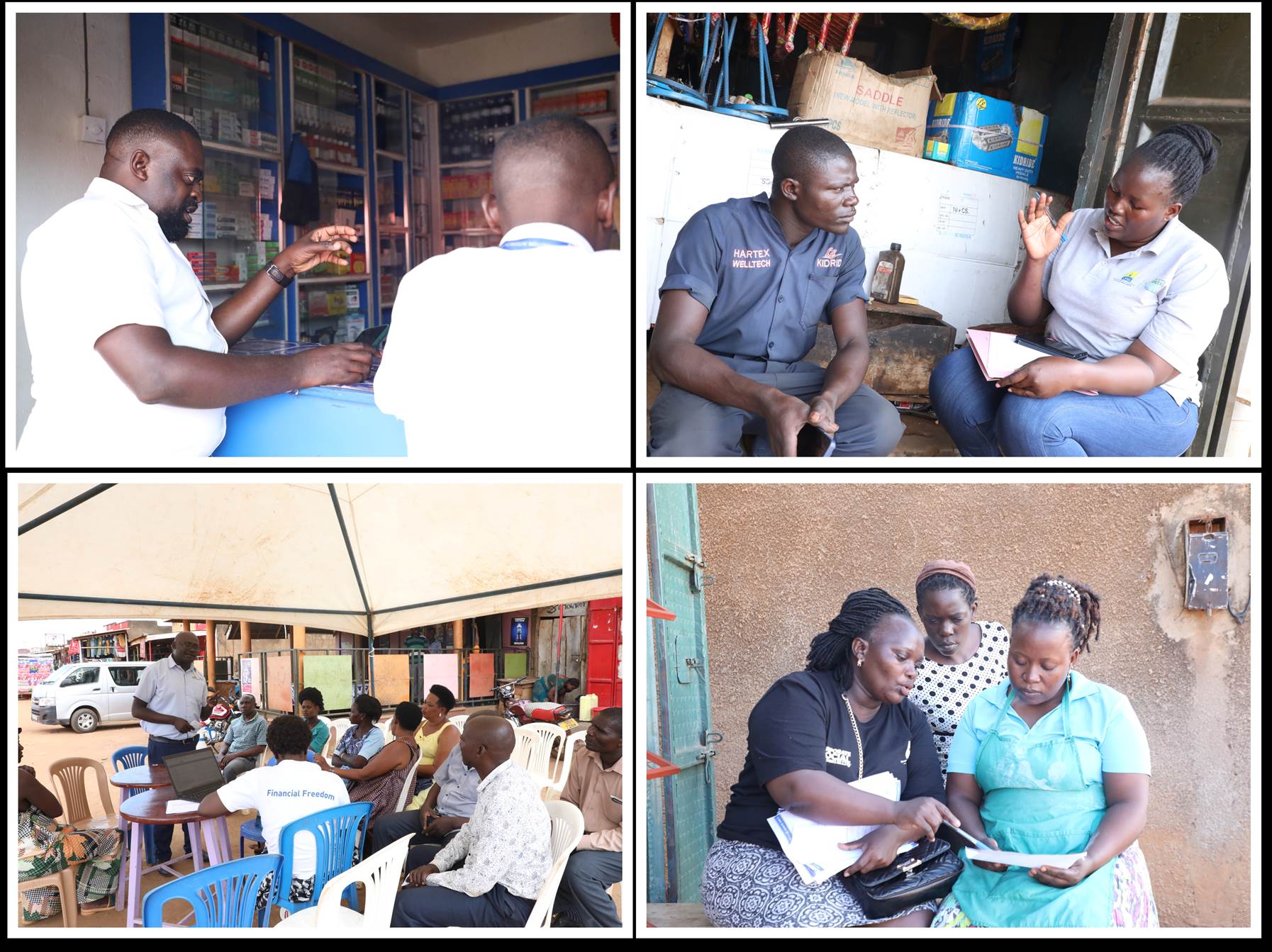By Irene Kabakama
John R. Musinguzi, the Commissioner General (C.G) of URA has asked UPDF officers to join hands with the tax body as it strives to realise revenue for national development. The C.G said this while addressing at a tax education lecture organised at the National Defence College in Jinja.
During the lecture, Mr. Musinguzi addressed the theory of Uganda’s state capacity to extract revenue, as well as the prospects and challenges faced in tax administration. Musinguzi focused on the three key areas of taxation regulatory framework, Uganda’s economy and the revenue administration measures.
He elaborated on the tax laws that mandate the type of revenue URA should collect, and added that these laws are usually amended as needed to further facilitate better revenue collection avenues.
“The need to broaden tax awareness is a national effort and should not only be left to URA. As a country, we need to grow government’s capacity to extract and collect revenue in order to provide public goods and perform other state functions,” the C.G said.
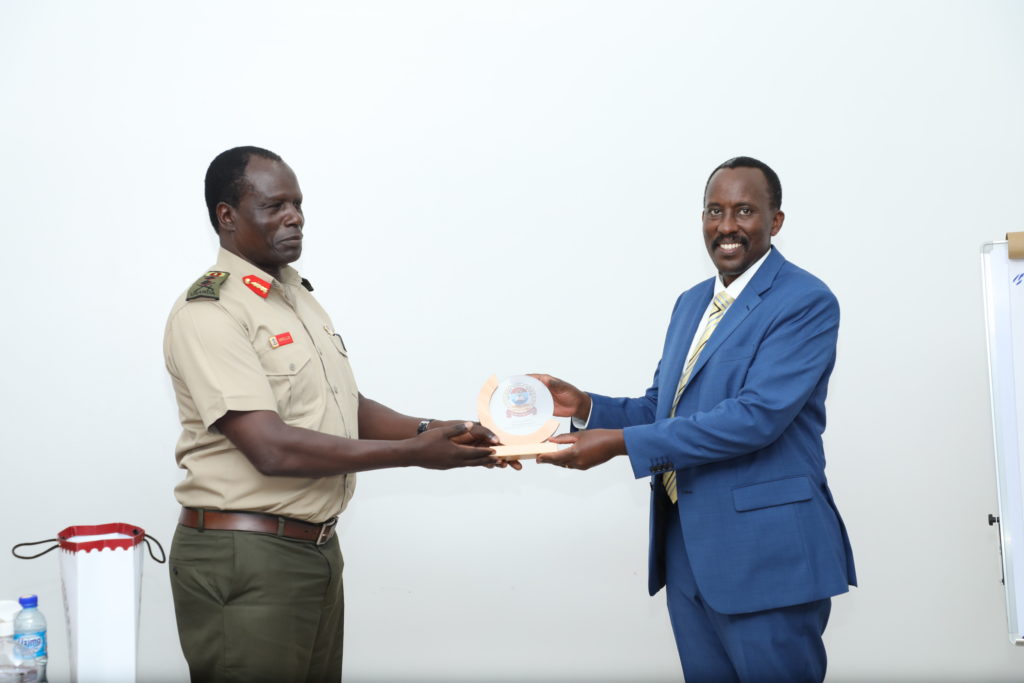
The UPDF leaders also received insights into the service management transformation that has led to simplified tax processes through registration, declaration and payment, improved efficiency with intelligent systems for automated data capture and integration, and reliable online services.
Lessons were also shared on URA’s high levels of technology that have seen an increase in automation of processes, data analytics and smart solutions like DTS and EFRIS.
Among the UPDF officers was Brigadier Flavia Byekwaso who advised URA to set up tax clinics in down town and provide more reading material to the busy business areas especially downtown so that people get more information on their tax rights and obligations to ease compliance.
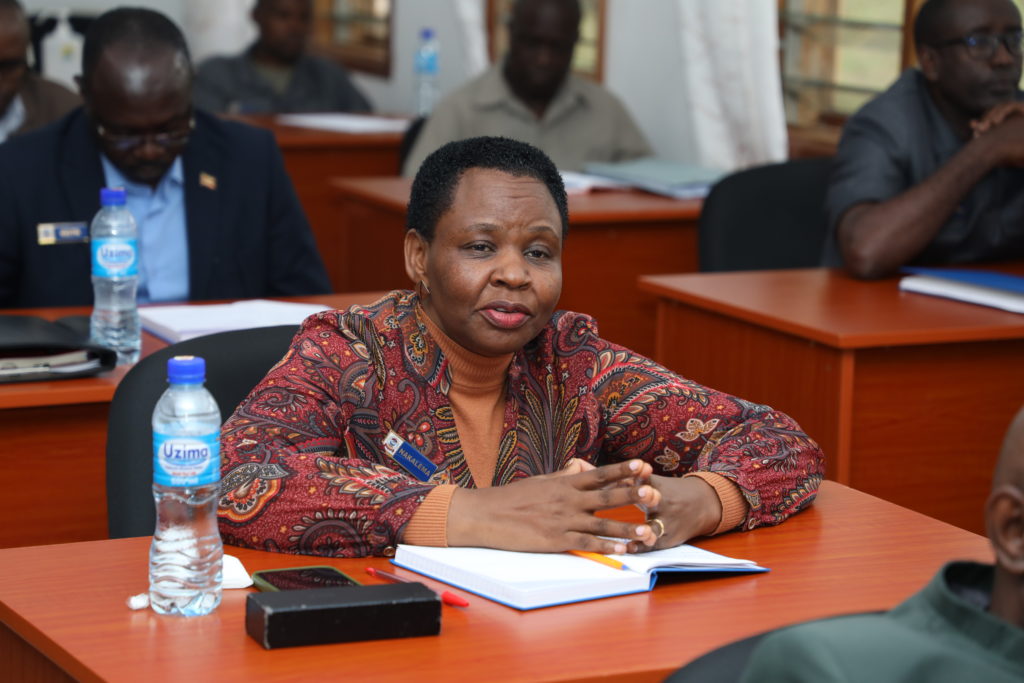
Other UPDF officials also requested for more tax face to face engagements on property tax, rental income tax and property tax and their computation.
Meanwhile, the UPDF officials are currently undergoing a one-year training course module to understand and build a broader strategic engagement on security, environmental, and socio-economic policy issues while analysing the implications of these issues to national security and how to overcome any challenges at a strategic level.


